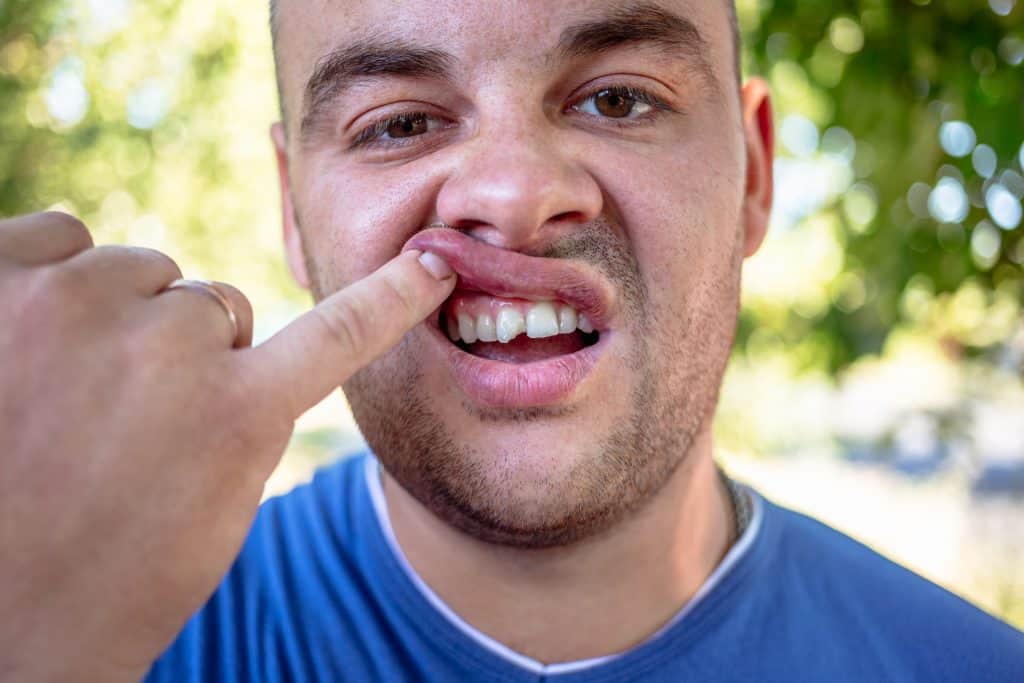Dental pain can come in different shapes, sizes, and degrees of intensity. Many patients go to the dentist for ailments that aren’t dangerous. But many others miss situations that require extreme attention. These turn into dental emergencies. Knowing what a dental emergency is and what’s not could help you save money in the long run. Or at least you won’t leave dental pain waiting for another day because it can result in a much bigger problem.
Dental emergencies are situations where your lifestyle can be severely affected. The most common symptoms of a dental emergency include bleeding, a broken tooth or jaw, among others.
Below, we will show you 5 cases that represent dental emergencies. If you feel related to any of these, go to the nearest dentist as soon as possible! Read here to learn more!

1. You’ve lost a tooth, or it’s loosing off
If you are an adult, you should know that it is not usual to have loose teeth. If you notice that any of them start to loosen, many things could be happening. And none are good!
A loose tooth can be a symptom of dental injury, which is very painful. You should seek medical attention immediately. Another sign of loose teeth may be due to a localized infection. To find out what is causing it, you should contact your dentist as soon as possible for check-ups.
If your loose teeth are causing a toothache, you may be experiencing an infection. This may happen either from gum disease or tooth decay. Early detection can prevent the infection from spreading to other areas of your body or prevent tooth extraction.
If the tooth falls off by itself, it’s a sign of a dental emergency. And you should run to the dentist’s office!
2. Tooth pain
The severity of a toothache can be a signal for visiting your dentist immediately to minimize pain. If your pain is minimal, there are some home treatments you can apply. If the pain is severe, you should make an appointment with your dentist. There are different causes behind a toothache, and treatment will depend on the origin. So a proper diagnosis is crucial to treat this condition.
3. Your gums bleed and hurt.
If you see your gums bleeding after flossing, you should know that it is not normal. This bleeding could be a symptom of gingivitis. If it’s excessive, recurrent, and painful, you should see your dentist immediately. Gum disease or gingivitis in very advanced degrees can damage your teeth to such an extent that you can lose them.
4. Swollen jaw
Swelling of the jaw may indicate a severe infection, probably on the salivary glands. If you have a swollen jaw, bad taste in your mouth, fever, and trouble breathing or swallowing, seek emergency dental care immediately.
A salivary gland infection is caused by a blockage in the salivary glands. This blockage prevents saliva from breaking down food and killing bacteria, which accumulates and causes sepsis.

Tooth abscesses
An abscessed tooth is a painful infection usually found in the tooth root. And it is caused by untreated decay or severe gum disease. Symptoms of a tooth abscess range from:
- Fever
- A foul taste in the mouth
- Pus
- And swollen glands.
The symptoms are related to most other infections, and you have to treat them immediately. Usually, an abscessed tooth will require surgery to ensure the infection is drained out and treated accurately.
These are some of the most common dental emergencies and their symptoms, so you can be aware if anything is out of place! If you’re experiencing a dental emergency, call us today!

